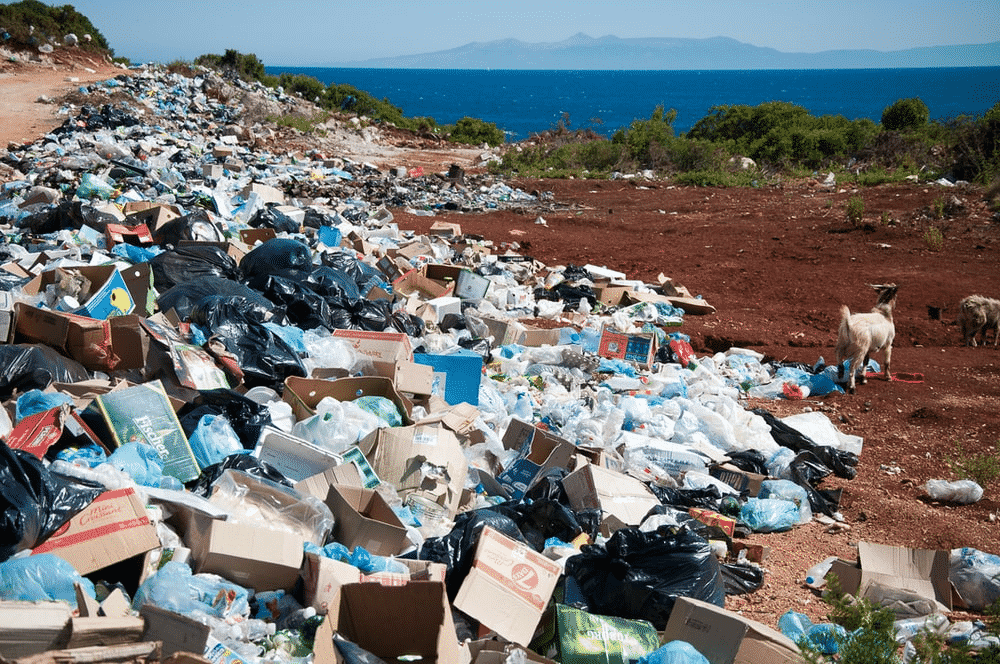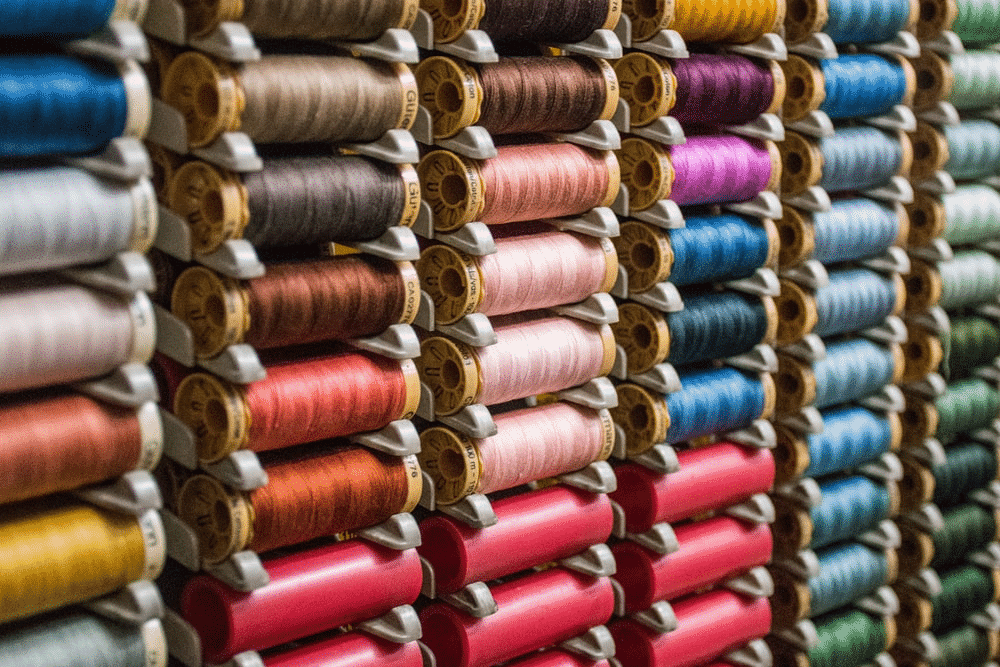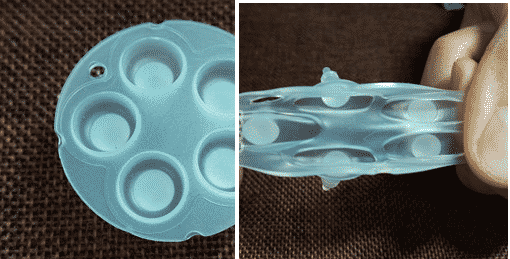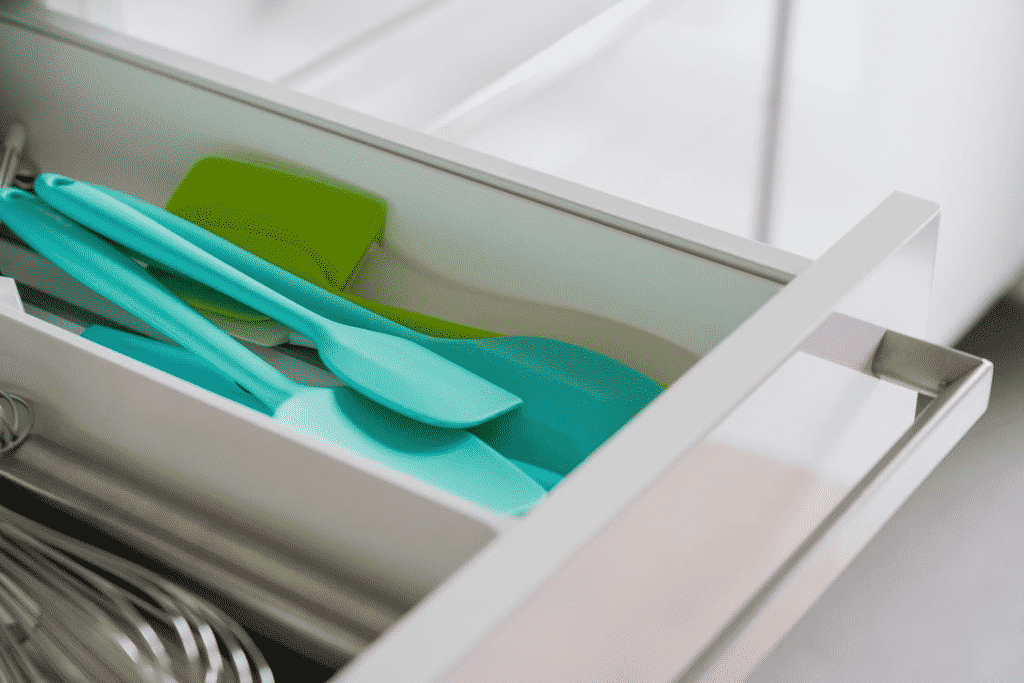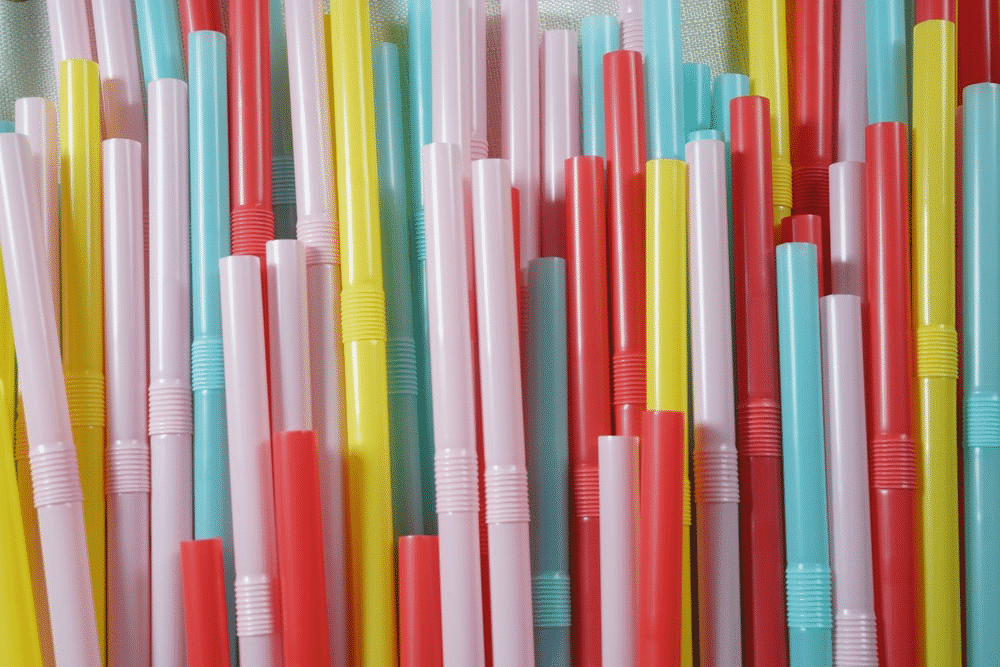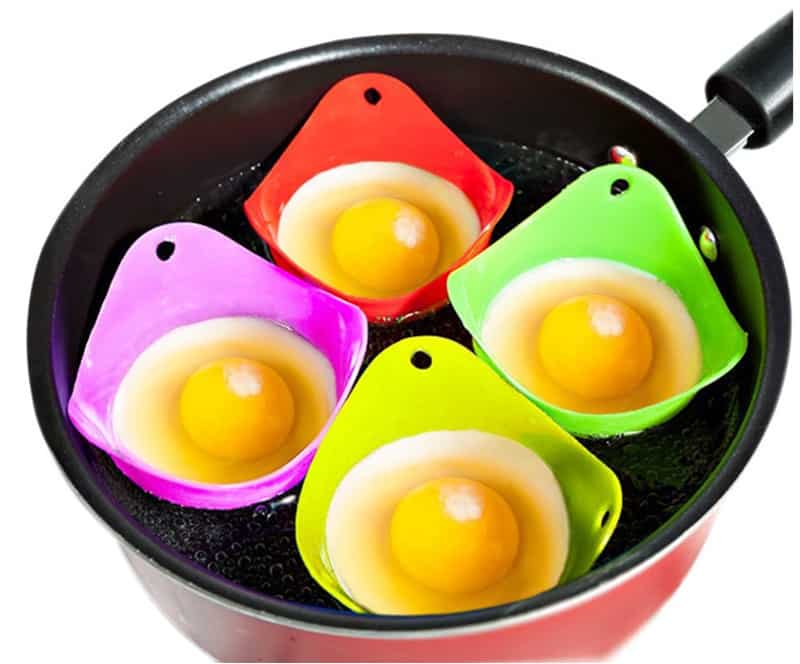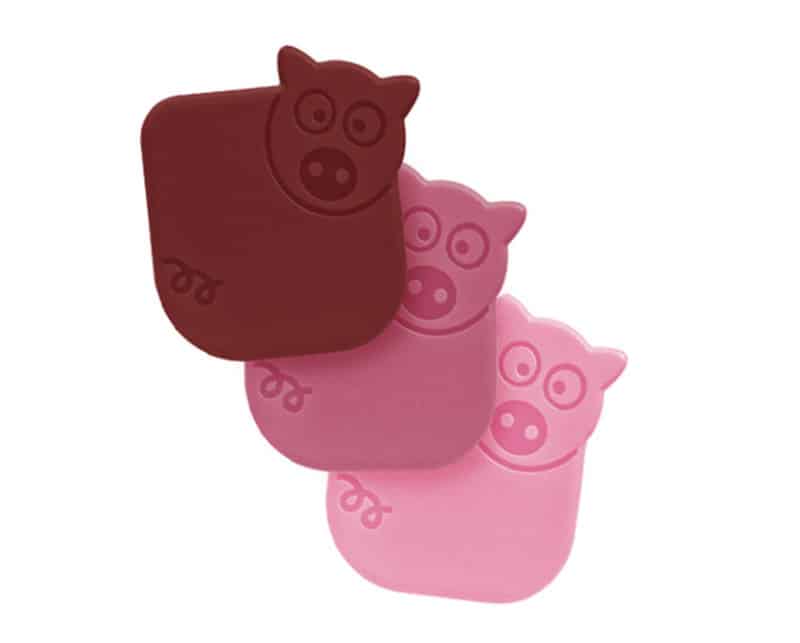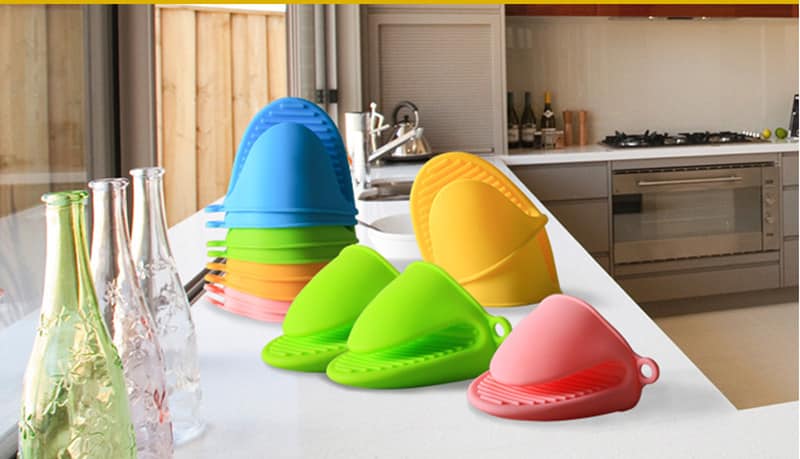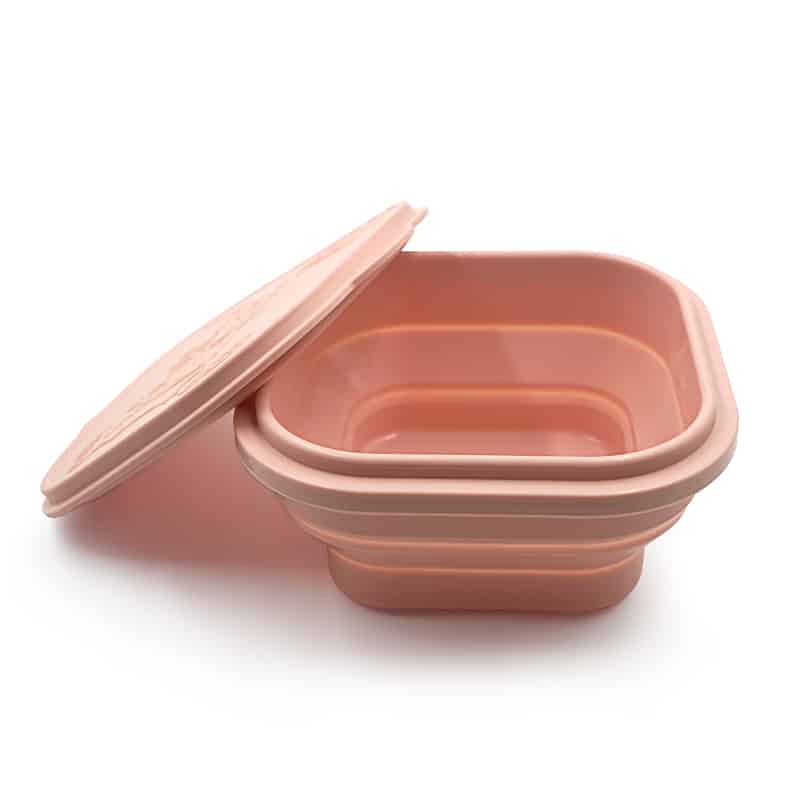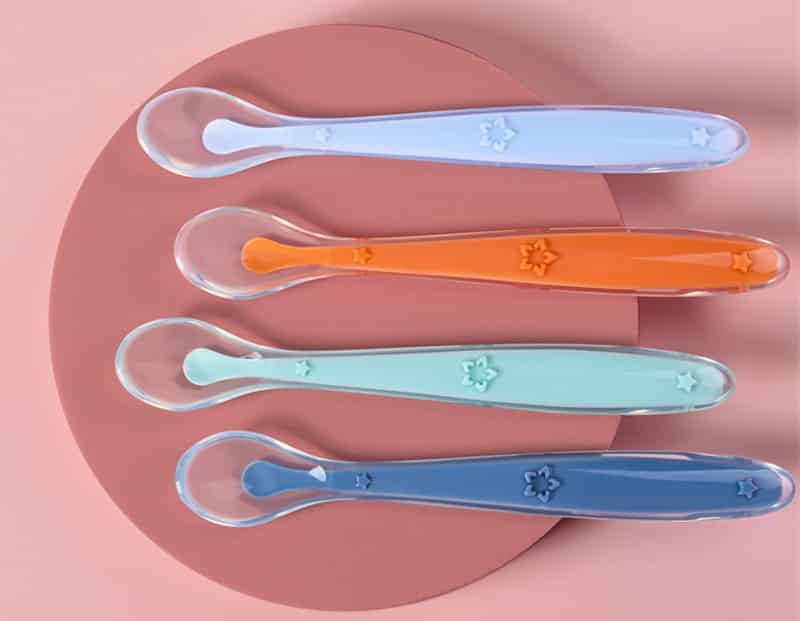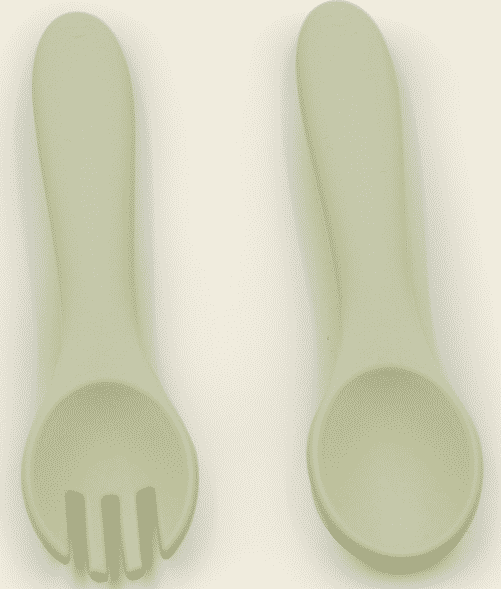Is Silicone better than plastics?
Plastic isn’t all that incredible. From the centuries it takes to break down to the cumulating incidence of microplastics in the ocean, there are countless reasons why we must decrease our use of Plastic. More families are now discerning how they can find replacements and utilize less plastic. One such substitute that has gotten popular is Silicone.
But there’s a continuing discussion on the profits of Silicone vs. Plastic. Is Silicone more ecologically aware than Plastic? Let’s see:
What is Silicone?
Silicone is made up of carbon, hydrogen, oxygen, and silicon. Silicon is a chemical element that is most typically seen in the form of silicon dioxide, known to you and me as silica, the chief constituent of sand.
Silica is used to make concrete, bricks, earthenware, and porcelains, surrounded by additional materials. To make Silicone, vast amounts of sand are warmed up to tremendously high temperatures. Then, they are circulated through hydrocarbons, joined with methyl chloride, then purified and polymerized.
Is Silicone the same thing as Plastic?
Notwithstanding its relationship with Plastic, Silicone is an artificial rubber. This means that Silicone is not equivalent to Plastic, even though there are resemblances in its usage and practicability. Nevertheless, the two materials are composed of distinct components. The huge dissimilarity (and most significant environmentally speaking) is how these two materials are prepared and obtained.
While Silicone does have a synthetic feature, Plastic is a wholly manufactured material created from reserves such as crude oil, which is dug up from the earth. The method in which this material is obtained is the topic of much hullabaloo due to the enormous carbon footprint it dumps. Furthermore, Plastic is mainly made for one-time use, with a gigantic 40% of all Plastic being used only once before being disposed of.
Conversely, Silicone is derived from silica which is a naturally happening substance. Therefore, while the warming procedure to turn silica into Silicone can be environmentally harmful, it is significantly less detrimental than Plastic.
Silicone and Plastic are frequently associated because of their resemblances in functionality and features: pellucidity, elasticity, and water plus temperature resistance. However, Silicone has a developed resilience to its organization, making it more enduring than its plastic equivalent.
Is Silicone the same thing as rubber?
So now you also need to know why Silicone is different from rubber. Since Silicone is a rubber-like material, many suspect, is Silicone the identical thing as rubber?
You can’t say that! Rubber is a naturally created material. Silicone is artificial. While rubber is composed of carbon bonds, Silicone is made by combining silicon and oxygen bonds.
Fundamentally Silicone is an artificial rubber that responds better to heat, fungus (henceforth using it in culinary utensils and kitchen resources), and chemicals. Consider it as the stronger cousin of rubber.
So Why Select Silicone?
As we now distinguish, Silicone is a fusion material, whereas Plastic is artificial. Therefore, it can be seen as an additional sustainable option in those respects.
Is Silicone biodegradable?
Now for the response to that critical question, is Silicone biodegradable? Unfortunately, you can’t say yes to this one. One of the main compensations for using Silicone over plastics is its high resilience. So it shouldn’t come as an astonishment to realize that Silicone is not recyclable. There is, nevertheless, some fruitfulness to be had from Silicone’s long duration. Unlike Plastic, Silicone does not go kaput into micro-particles.
This makes Silicone a desirable choice when you think through the mammoth number of animals that breathe their last breath each year as a direct outcome of swallowing plastic micro-particles.
As a natural creation, if Silicone is burned, it won’t create any additional environmental concerns apart from its residual debris. Consequently, you are not adding any poisonous materials into the environment.
What are the compensations for using Silicone to substitute single-use plastics?
As we stated, the main compensation for using Silicone to substitute single-use plastics is its high resilience.
Whether it’s a kitchen utensil or bag, you’ll get wide use of your silicone-based substitute despite its extensive lifespan. You could use a silicone kitchen item hundreds of times again, meaning you would be redeeming thousands of single-use plastic items from winding up in replenishment sites or contaminating our land, watercourses, and waters.
On top of its incredible durability, Silicone makes a decent substitute for single-use plastics as it can be reprocessed after its extended lifespan. In addition, due to whatsoever reason, after extensive usage, your silicone piece were to transpire in nature; the fantastic thing is it will crumble into tiny pieces, nothing like plastics. This makes it problematic for flora and fauna to consume silicone items, not like miniature worn-out, micro-plastic pieces that can exterminate thousands of animals annually.
In truth, even if Silicone winds up getting burned, there are no further ecological consequences from the remaining ashes.
Another advantage of Silicone over single-use Plastic is that it is stress-free to clean cheer to its smooth, level surface, making it more germ-free. As it is less probable to shelter bacteria, you can carefully use silicone products for lengthier times and, in doing so, reduce your use of single-use plastics.
Is Silicone Safe to Use?
Silicone is essentially a safe product, or else it wouldn’t be utilized for our food and our bodies. Nevertheless, this does hinge on the treatment and formation of Silicone (recall that trick of checking staining in Silicone for unwelcome chemicals). There have been examples where Silicone was not correctly preserved, and toxic siloxane mixtures were made.
To guarantee the safety of Silicone is advocated, continuously make unquestionable your products have been systematically scrubbed before each usage and adequately retained. When utilizing Silicone to stock food, search for food-grade silicone products. And when using it for sanitation or beauty, hunt for medical-grade Silicone. If you’re thinking of switching to Silicone for your food storage requirements, you’ll be pleased to know Silicone is BPA-free!
So now you know why you need to start purchasing Silicone instead of Plastic and make your life and earth better!
Related Products
Technical Related
About Author: Z.S.R International Group
Z.S.R International Group(Hong Kong) co., Limited, is a one-stop supplier for molded silicone products and silicone products molding solution provider in the consumer products field. We offer OEM services from silicone product design to Silicone products contract manufacturing. We have the capability for custom silicone tooling, LSR(Liquid silicone Rubber) molded silicone products, solid silicone molded products, molded silicone multi-colored products. We also can custom molded silicone, custom molded LSR, custom molded dripping injection dispensing(co-injection) silicone multi-colored products.



